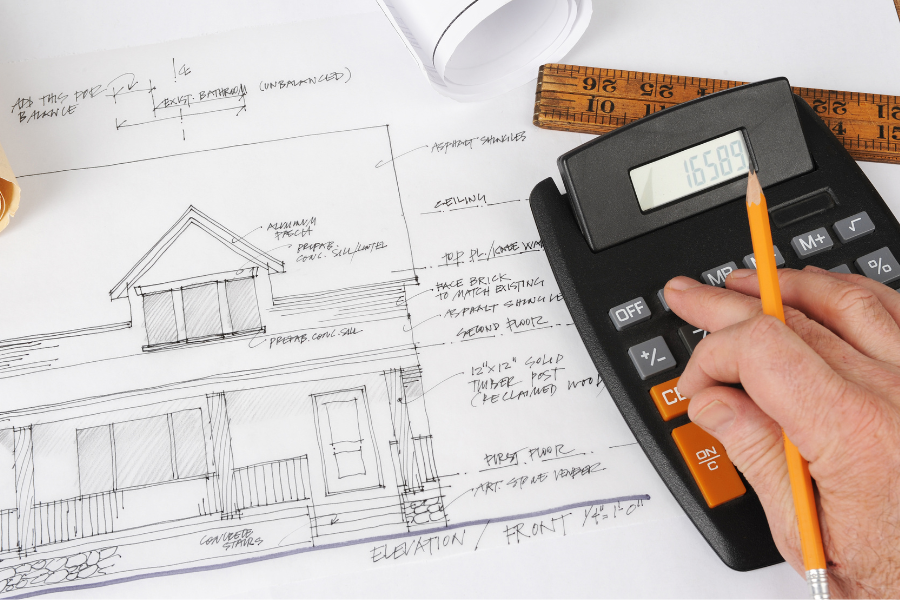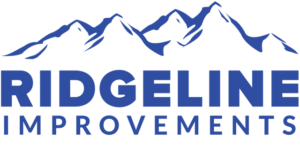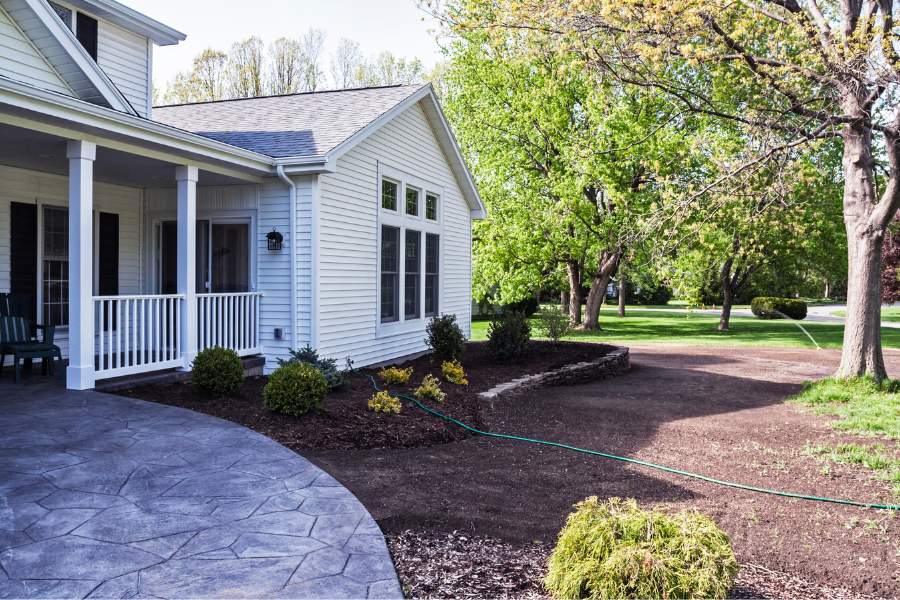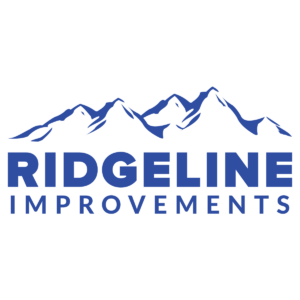Are you thinking about building an addition to your Edmonton home? Are you concerned about the price tag?
Home additions involve different expenses and potentially hidden costs, so it’s important to understand these before diving into a project. At Ridgeline Improvements, we want to help you enjoy the home of your dreams without breaking the bank!
To help you out, here are the costs associated with home additions:
Home Additions Cost Breakdown
When it comes to home additions in Edmonton, there are many expenses that come into play. From labor costs to preparing your site for the addition, different factors can affect the overall cost.
Here’s a breakdown:
Labor Costs
Labor costs are a huge part of home additions and include the wages of construction professionals such as carpenters, plumbers, electricians, and laborers. The complexity of the project and the skill level required can influence labor costs.
However, you truly get what you pay for, and hiring professionals will ensure that the renovation is completed properly!
Material Costs
Materials costs cover the necessary supplies and materials needed for the home addition. This includes lumber, concrete, roofing materials, insulation, drywall, fixtures, and finishing materials.
The overall cost of materials depends on the quality of the materials and what your home addition requires. Market conditions can also affect the price of materials and finishes.
Permit Costs
Permit costs are necessary for legal compliance. These fees are paid to obtain the necessary permits from local authorities to make sure the construction meets building codes and regulations.
The cost of permits can vary based on the type of addition you plan to build and specific requirements in your area.
Site Prep Costs
Before a home addition is built, the area has to be prepped for construction.
This involves clearing and leveling the construction area through excavation, demolition of existing structures, removal of debris, and grading the land. Costs of site prep can vary due to the condition of the site and any environmental considerations.
Factors Influencing Costs
Apart from these basic costs, there are other aspects of the project that can influence the price of a home addition. The main factor is the type of addition, such as a room, garage, second-story, or basement conversion.
Let’s take a look at the costs of different types of home additions in Edmonton:
Room Addition
If you’re thinking about adding a new room to your home, you need to take into consideration:
- The size of the room
- The type of room (bedroom, bathroom, living space, etc.)
- Materials and finishes
- Plumbing and electrical work
You may also have to factor in any structural changes to your home in order to integrate the new room with the existing structure.
Garage Addition
The cost of adding a garage depends on whether it is a single, double, or larger garage. The complexity of the project can also affect the price:
- Additional storage space
- Workshop area
- Living quarters above the garage
Things like the type of garage door, insulation, and any necessary driveway modifications need to be factored in as well.
Second-Story Addition
A second-story addition is usually the more expensive home addition project. This is a complex project that often requires reinforcing the home’s existing foundation and structure to support the new level, which comes with a higher price tag.
On top of that, factors such as the size of the new story, new staircases, and plumbing, heating, and electrical systems need to be considered as well.
Basement Conversion
Even if you’re not adding any new space to your home, a basement conversion is still considered a home addition since you are creating more livable space.
The cost of a basement renovation depends on things like:
- Installing floors, walls, and ceilings
- Adding bathrooms or kitchens
- Waterproofing
- Insulation
If you’re converting an unfinished basement into a livable space, you also have to address any existing moisture or structural issues, which can up the cost of this renovation.
Hidden Costs

Of course, hidden costs can pop up at any time during a home addition project. The best way to prevent these from unexpectedly affecting your budget is to be prepared for them.
Here are some hidden costs you should keep in mind:
Structural Issues
Structural issues, such as foundation cracks, unstable soil, or inadequate structural support, can significantly impact the cost of a home addition.
Addressing these issues right away can help prevent unexpected expenses and delays down the road.
Permit Delays
If there are complications with zoning laws or building codes, you may face delays in getting your permits.
Permit delays can extend your project timeline and increase costs due to prolonged labor, changes in material costs, and the need to meet updated regulations.
Design Changes
If you decide to change your design during construction or if plans need to be changed, this can lead to an increase in the cost.
Modifying the layout, changing material choices, or adding new features can lead to additional labor and material costs. To avoid this, make sure you finalize all plans before construction begins.
Unforeseen Site Conditions
Unforeseen site conditions, such as buried utilities, hazardous materials, or unexpected soil conditions, can add to the cost of a home addition.
These conditions sometimes require special handling and additional permits. Proper site assessment and preparation can help mitigate some of these risks.
Budgeting for a Home Addition
If you want to keep your home addition costs down, you need to set up a budget for this project.
Between setting up an emergency fund and prioritizing your spending, you can enjoy an addition to your home without breaking the bank.
Here are tips to get you started:
Set Aside Emergency Funds
Along with preventing costly issues, it helps to have an emergency fund set aside for unanticipated expenses.
It’s recommended to put aside at least 10% of the total project cost just in case. This will help you cover any unexpected costs and keep the renovation on track.
Prioritize Your Spending
When you’re planning any home renovation in Edmonton, it’s important to figure out which aspects are most important to you and focus your money on those.
For example, if you want a larger space but aren’t picky about finishes, you can focus on the size of the addition and use budget-friendly materials. When you use this approach, it helps you decide where to cut costs if necessary without compromising on what you really want.
Get Expert Opinions
Expert contractors and renovators can provide valuable insights into the cost of your home addition.
They have the industry know-how to provide cost-effective solutions and accurate estimates. Experts can also help identify potential issues early so they can be avoided.
An expert can help you set a realistic budget and provide a smoother construction process.
Affordable Home Additions in Edmonton
There’s no one price tag for home additions. From labor and materials to permits and site prep, expenses can vary throughout the project.
However, by understanding these costs, you can now make informed decisions and prioritize your spending. And with Ridgeline by your side, you can start your home addition project with confidence!
Our team is ready to help you transform your home. Contact us today for a quote and let’s get started!





